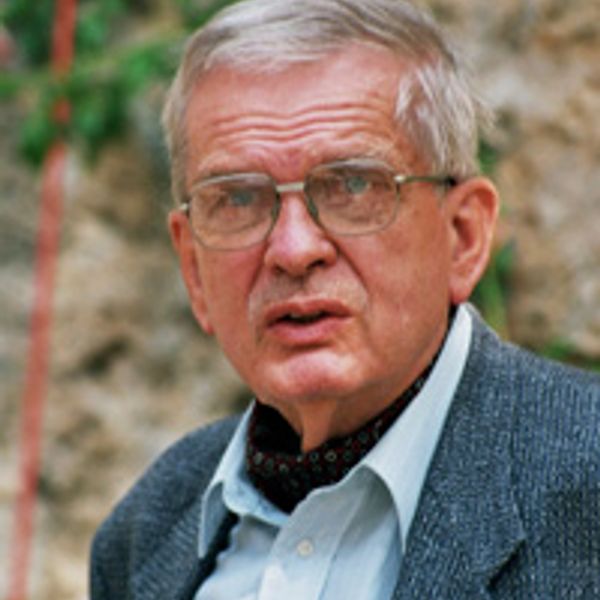Lia Purpura, Parasol Mushroom (detail), featured in AGNI 102
La Baigneuse
Who knows when a life is done or not?
On a narrow embankment, the silver glow
of shredded water flashes at me as a boat
tears the canal with its dull ploughshare,
and from the bridge to the freckled roofs
of the city, Venice lies like a cracked fruit
on a dirty table. Calming, quiet ripples
incessantly bump the gunwales.
Shadows overwhelm the unnamed shreds
of sea. Blue canvas cuts diagonally
across moss-covered bricks. Paint darkens,
and the retina’s screen is a wind-stabbed Guardi.
Calli, campi, campielli. Blackened stone
is the lagoon’s damp writing in the arches.
The sky is of another century. Crazed Clio
overlooked these walls that are threatened
by mud, flood, and the earth’s heavy pull.
Foundations sink slowly into their elements.
The city wades through distance. Up to its knees—
warm marble facades in the sea’s foam,
they smell of rot and oil, but higher—
where sight barely reaches,
a white lion stands with the book of wisdom
full of pity for the living and the dead
but not for us to witness—the judgment
is for him and for the span of time.
All forms—from the angel to the trilobite,
from the sharp shell of the crumbled pediment,
from the island where grass covers bone—
await the morning of the Almighty that doesn’t come.
The Sirocco rips at the threads of walls. Humid heat
covers the face with a mask (even if there is no face)
and it darkens both the cupola’s scales and the copper
of weathervanes. The city swims in original depths
ruled by the gelatinous creatures of the sea—
flounders, rays, ascidians, frutti di mare.
A glass of wine at a cafe in the evening.
Above the square: a steep, monochromatic
abyss, but the eye is brought into harmony
with water by a many-sided sacred space (like a hope chest).
Hammering shakes the vault, but a hand in a hand
held tightly overwhelms pain and time.

Tomas Venclova
Tomas Venclova, born in Klaipeda, Lithuania in 1937, took part in the Lithuanian and Soviet dissident movements and was one of the five founding members of the Lithuanian Helsinki Group. His activities led to a ban on publishing, exile, and the stripping of his Soviet citizenship in 1977. His poetry has been translated into more than twenty languages; his English-language collections to date are Winter Dialogue (Northwestern University Press, 1997) and The Junction: Selected Poems (Bloodaxe Books, 2008). He has received, among many other honors, the Vilenica International Literary Prize, the Lithuanian National Prize, and the Prize of Two Nations, which he won jointly with Czeslaw Milosz. Also a translator, essayist, and biographer, Venclova is professor emeritus of Slavic languages and literatures at Yale University. (updated 10/2023)

Rimas Uzgiris
Rimas Uzgiris is a poet, translator, editor, and critic. His work has appeared in Barrow Street, Atlanta Review, Quiddity, AGNI, The Hudson Review, and elsewhere. He is translation editor and primary translator of How the Earth Carries Us: New Lithuanian Poets (Vilnius, 2015). The recipient of a Fulbright Scholar Grant and a National Endowment for the Arts Literature Translation Fellowship, he teaches literature, translation, and creative writing at Vilnius University. (updated 9/2015)
